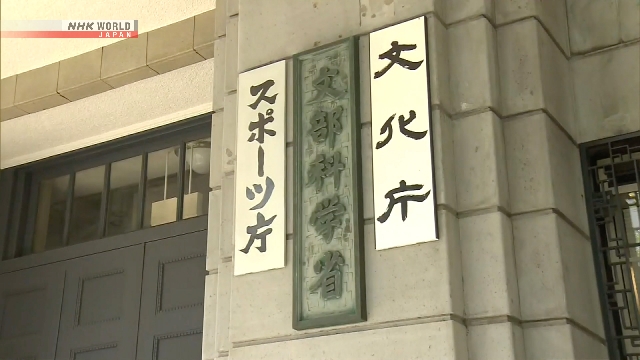NHK has found that Tokyo’s 23 wards have different positions on the status of people who graduate from international schools in Japan. About half of the local governments do not consider such graduates as having completed the country’s compulsory education system in line with official curriculum guidelines.
International schools in Japan are allowed to create their own curricula, with classes given in English or other non-Japanese languages.
The number of Japanese children attending these schools has been growing in Tokyo and other urban areas. NHK found that the figure has reached at least 4,800 in the capital’s 23 wards.
NHK established that 11 of the wards do not consider international school graduates as having completed the compulsory education at elementary or junior high schools. The wards include Minato, Meguro, Shibuya and Setagaya.
More children in the 11 wards go to international schools than children in the other wards do. But ward officials say they cannot grant them graduation status unless the students also attend Japanese elementary or junior high schools.
For their part, the 12 other wards grant graduation status in some cases if, among other conditions, graduates also attend schools set up by the wards and undergo interviews with principals. The wards include Toshima, Suginami and Bunkyo.
The central government currently does not recognize many international schools as academic institutions where children can receive an education based on the country’s compulsory education system.
The education ministry says boards of education and individual schools should decide whether to grant students graduation status as they are familiar with each child’s circumstances.
Tohoku University Professor Aoki Eiichi, an expert on education administration, says he was surprised to learn that the wards have different positions.
He also says people in Tokyo have greater mistrust in public education than their counterparts in other parts of the country.
Aoki says the central government should get a clear picture of the issue surrounding the status of international school graduates and draw up guidelines to help local governments decide on how to approach the issue.


AloJapan.com